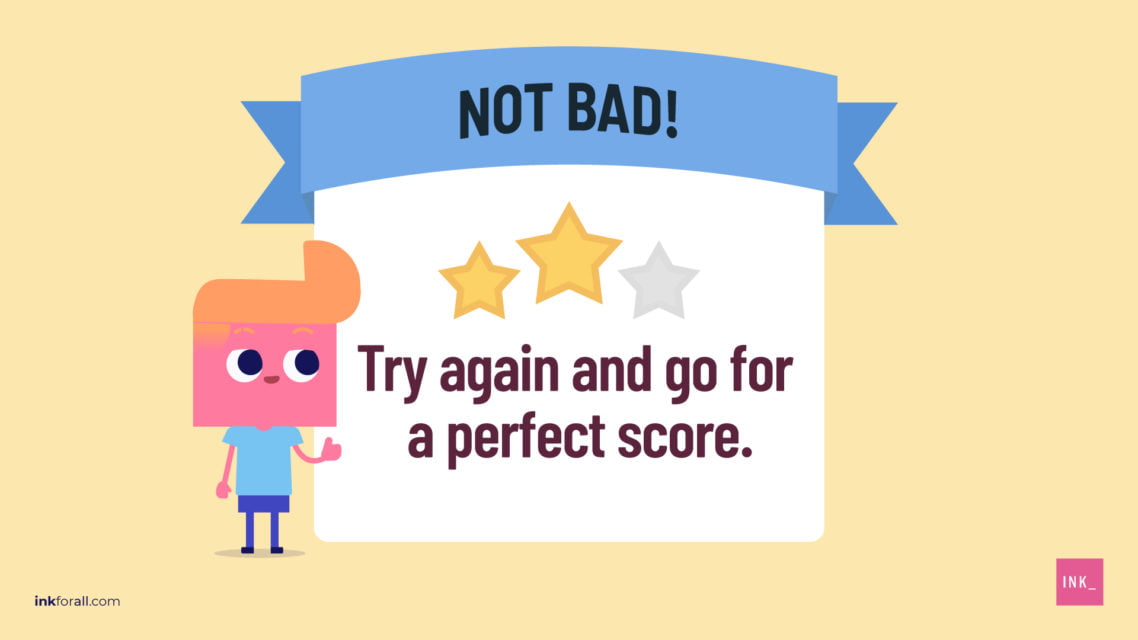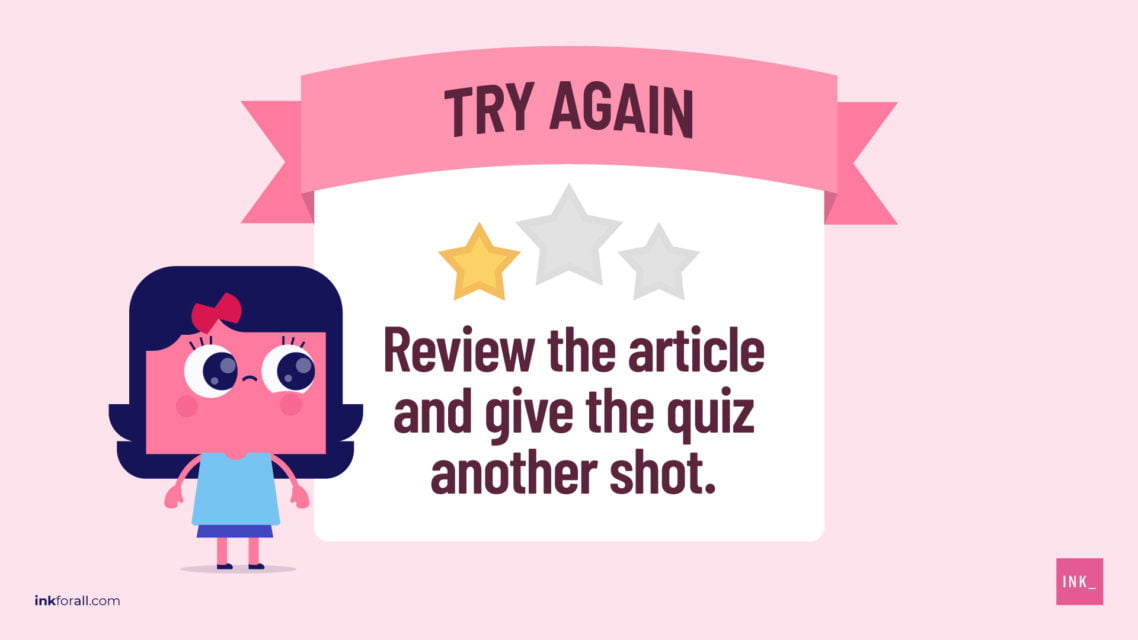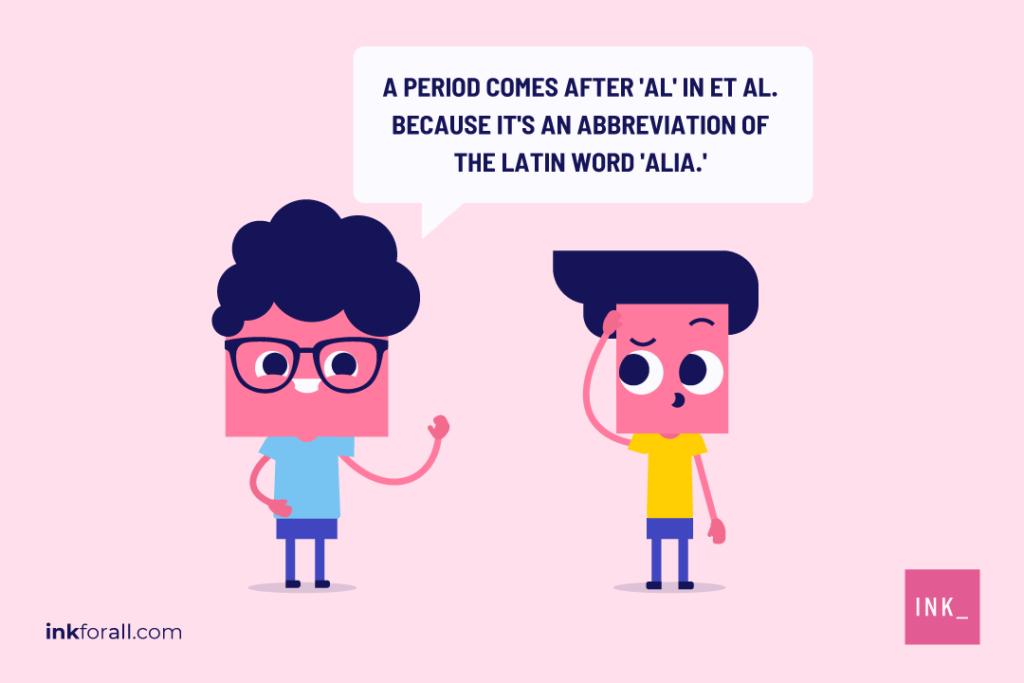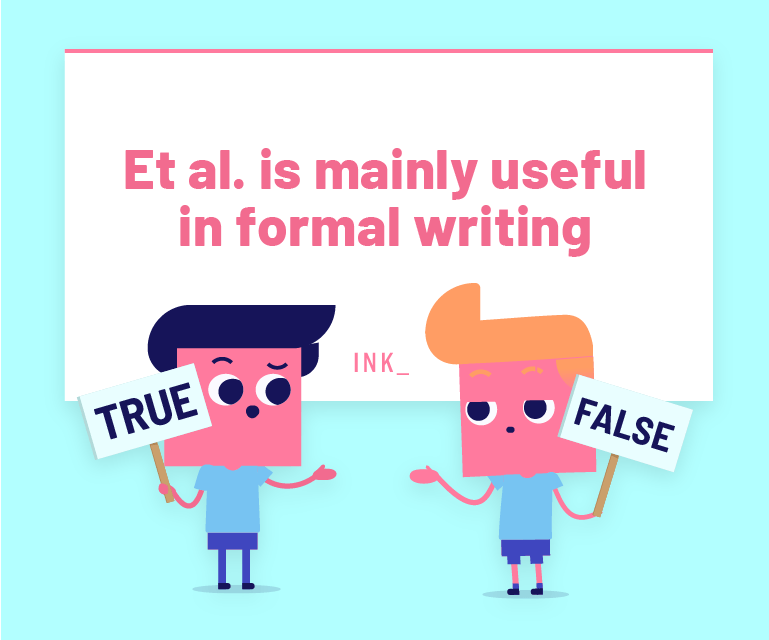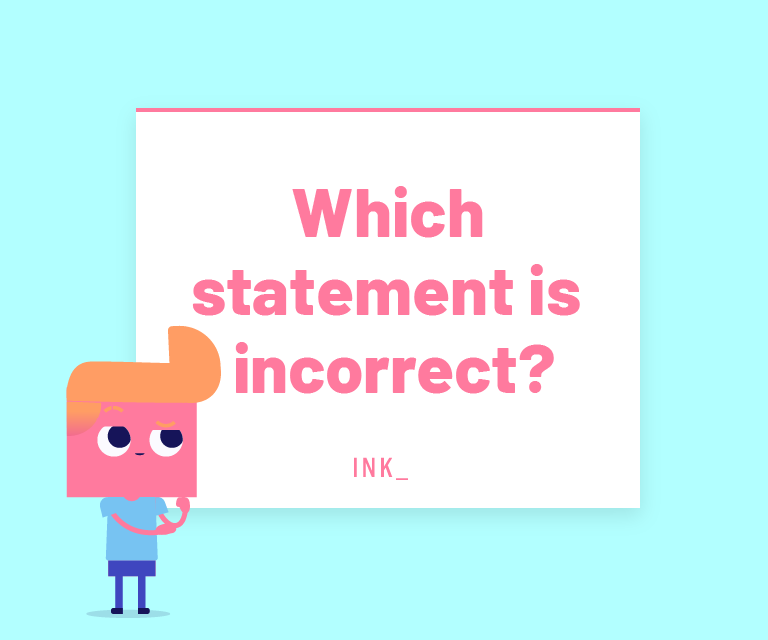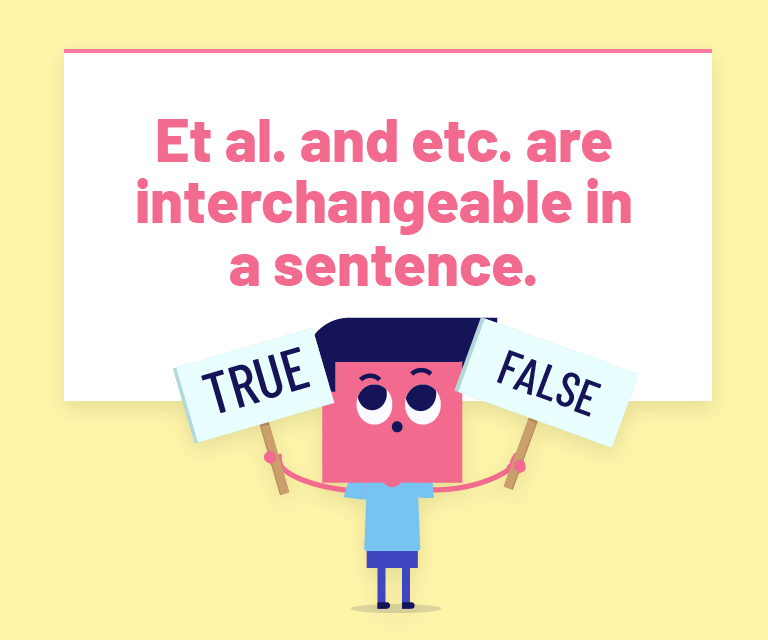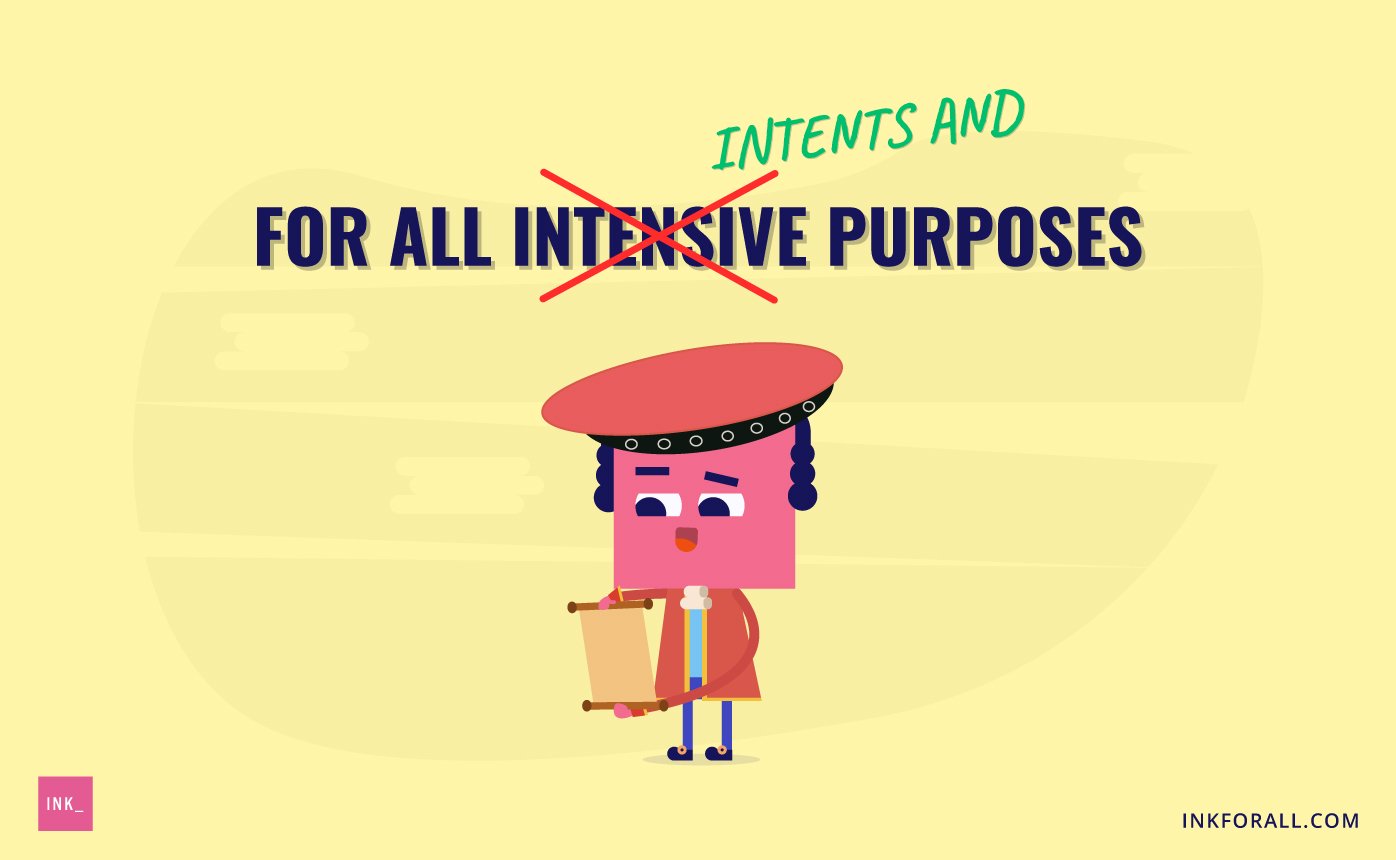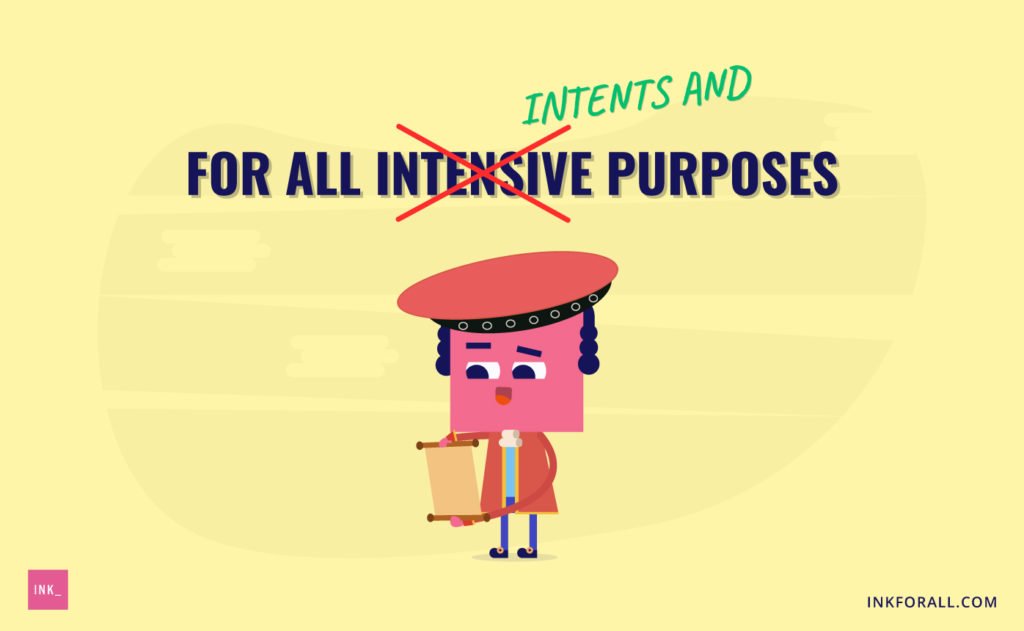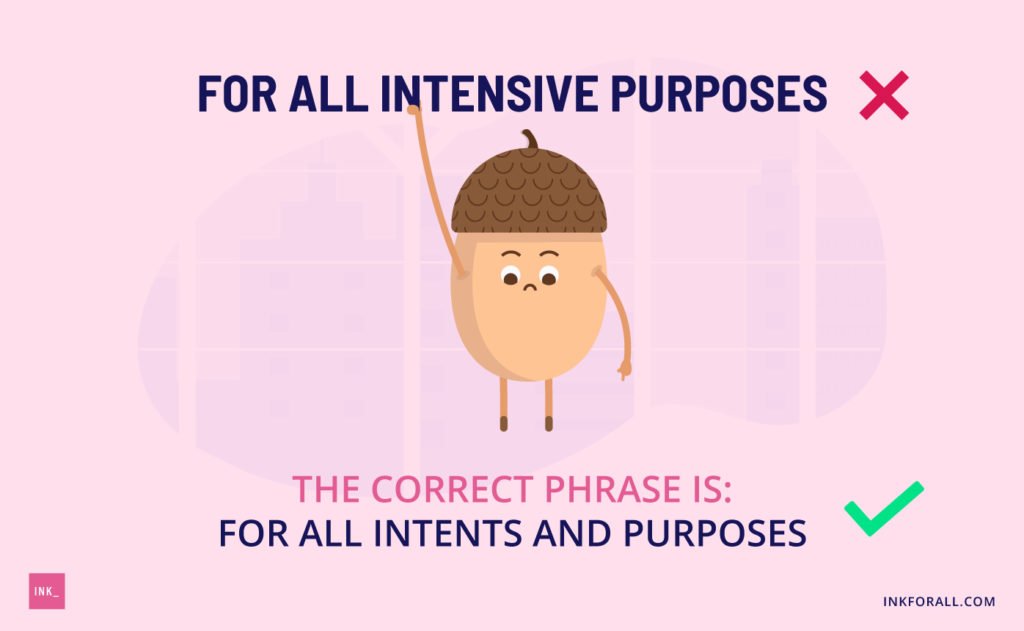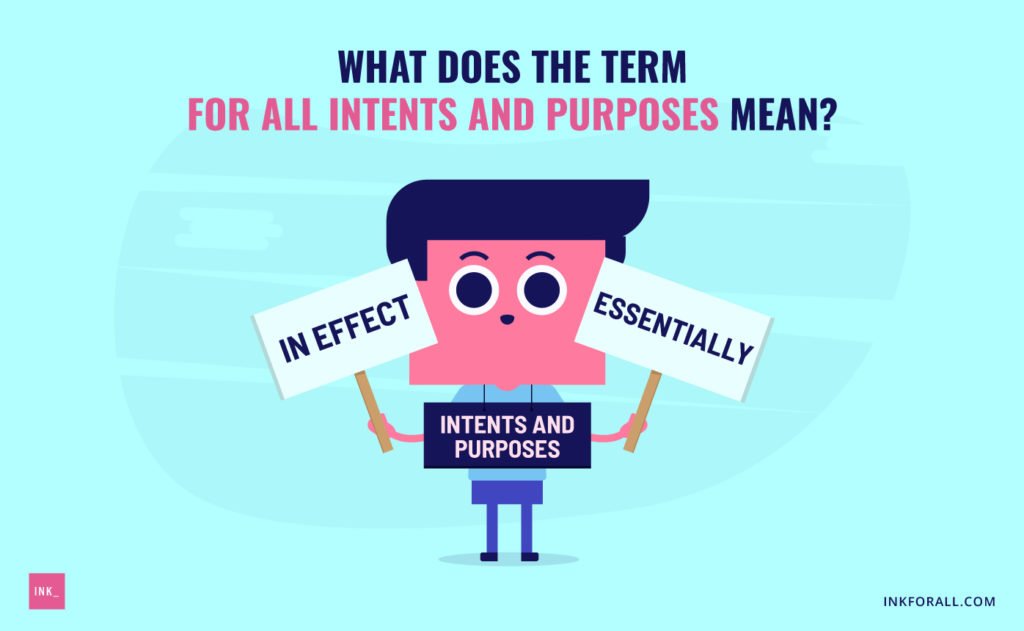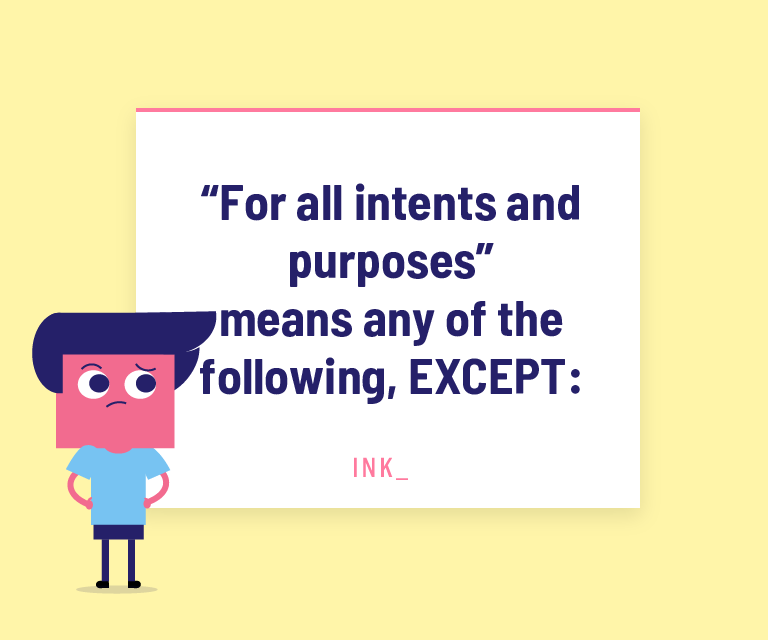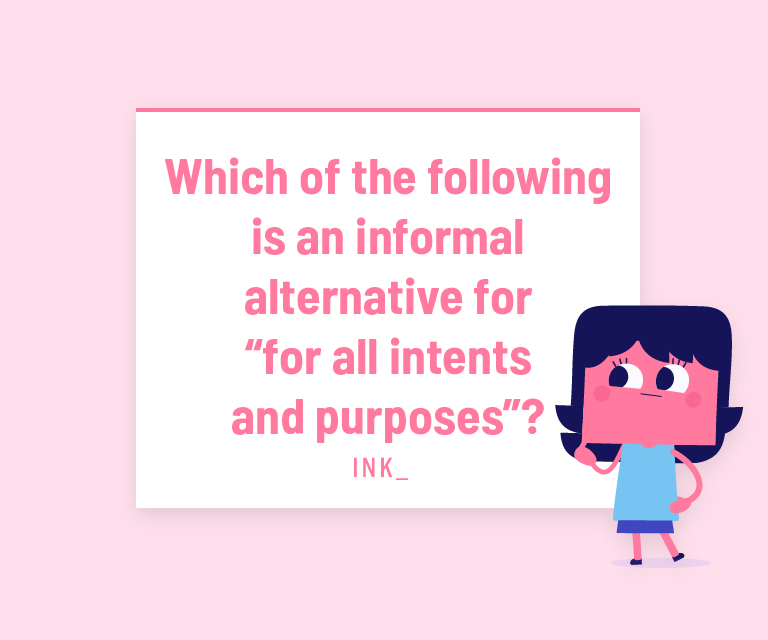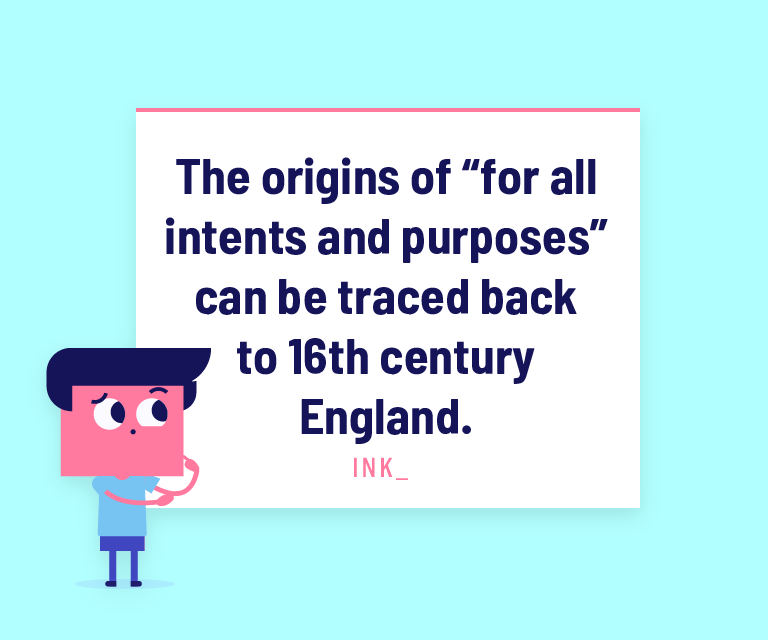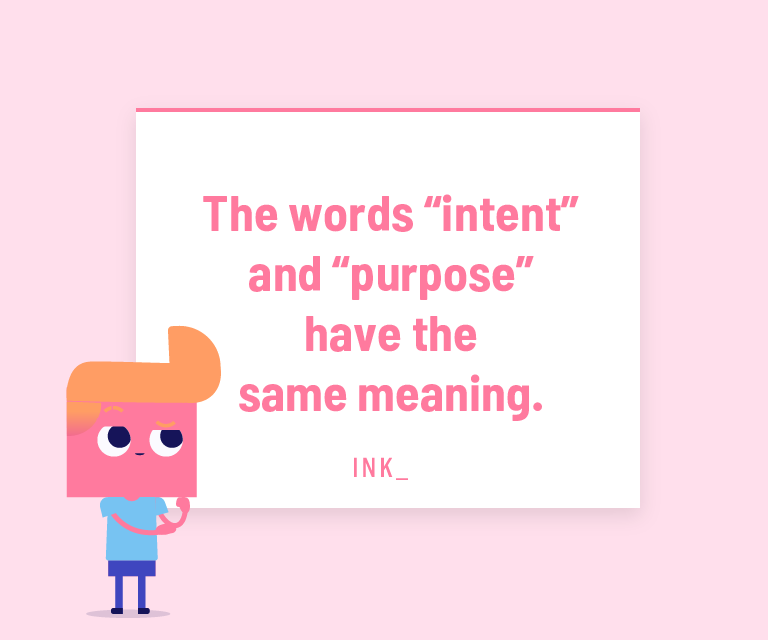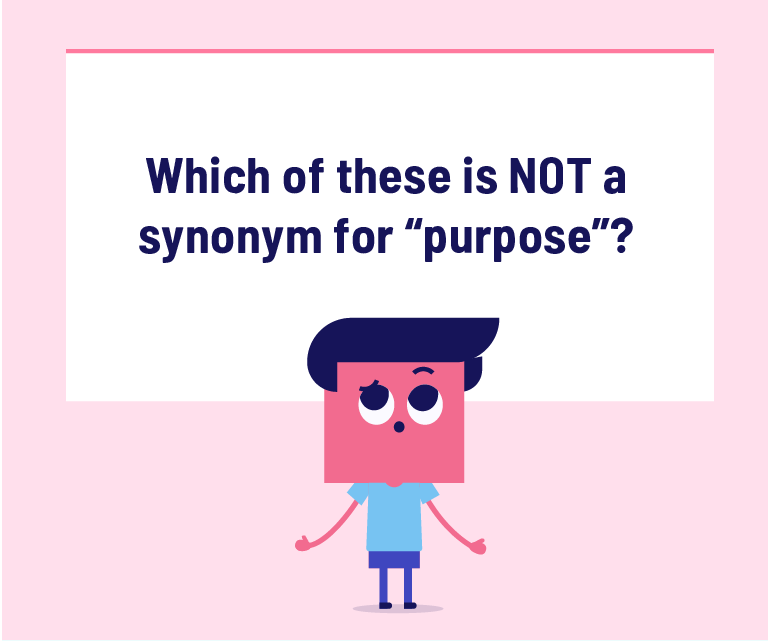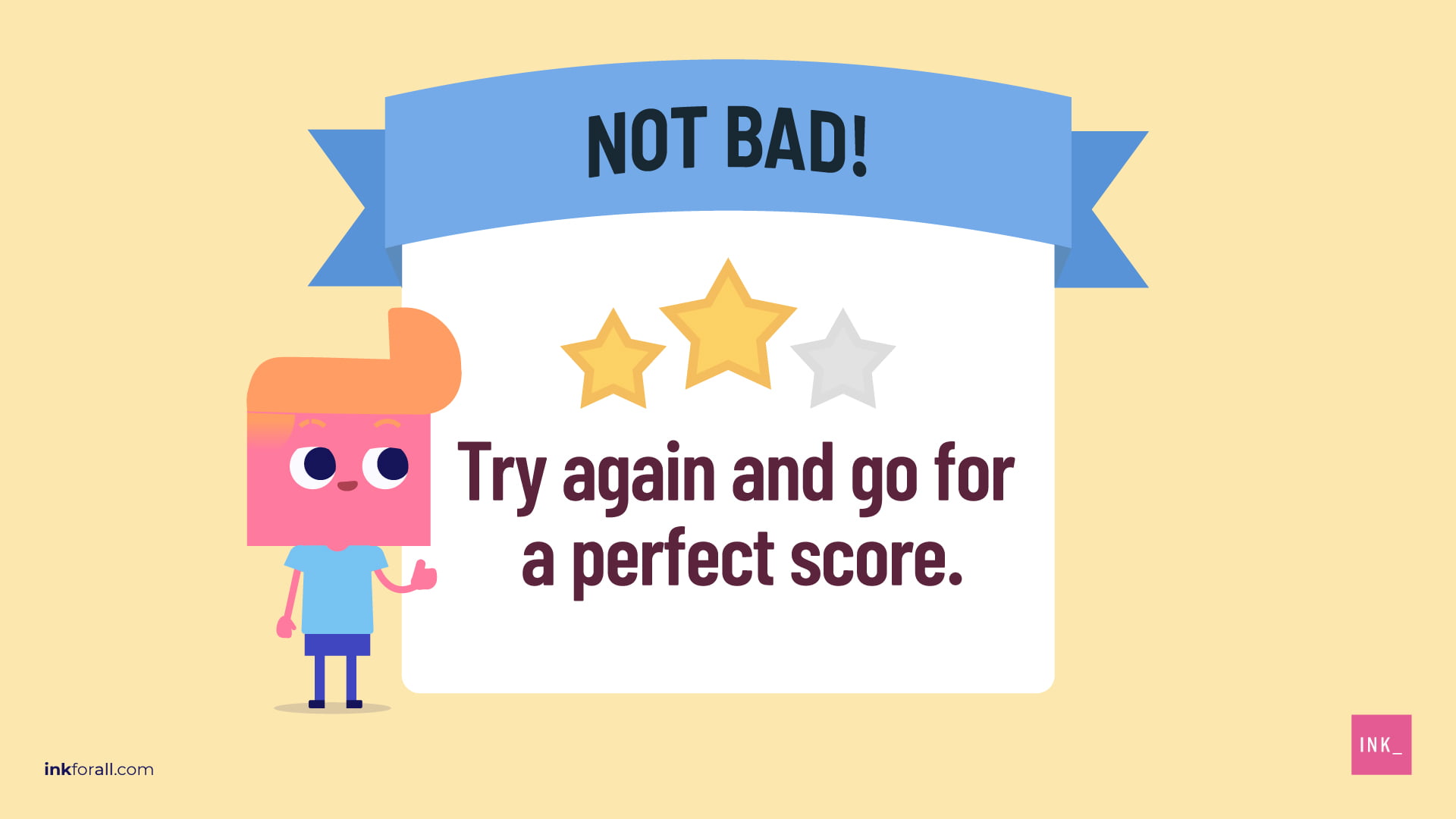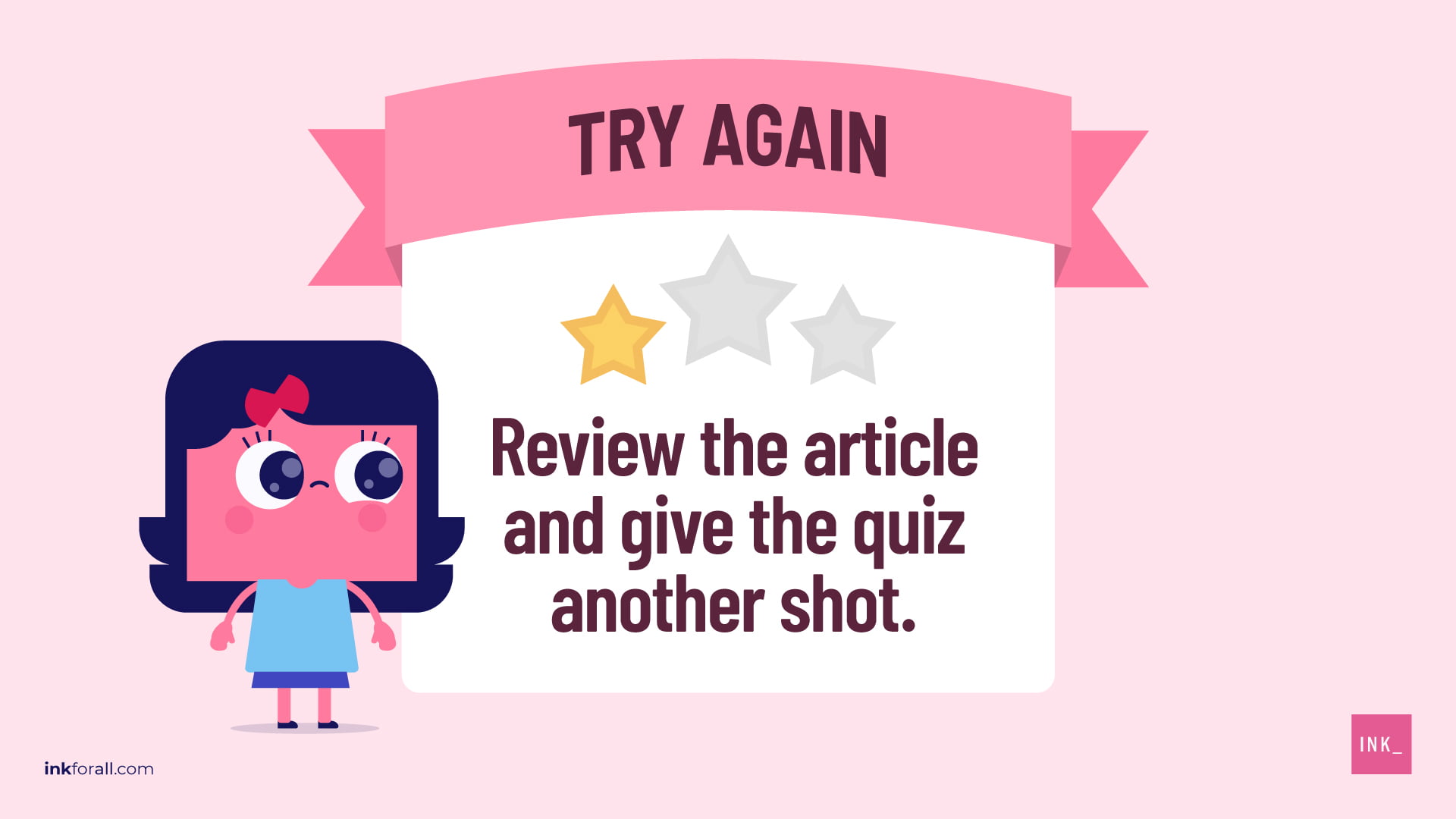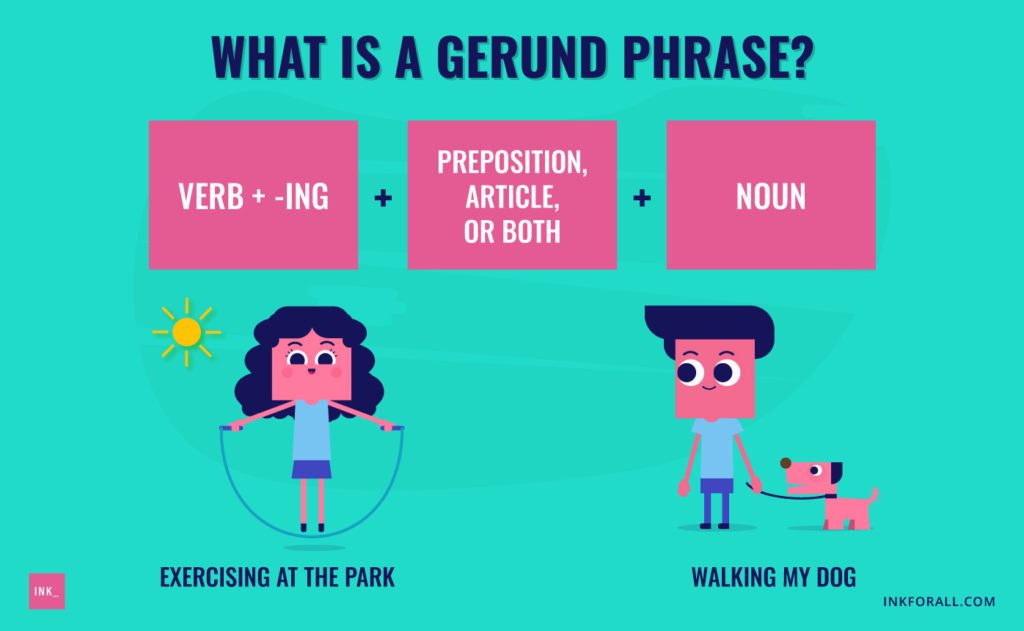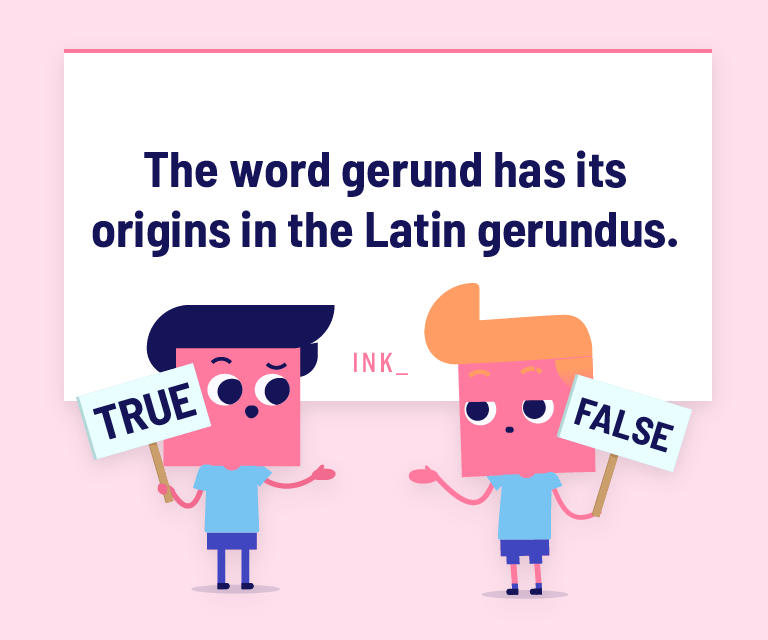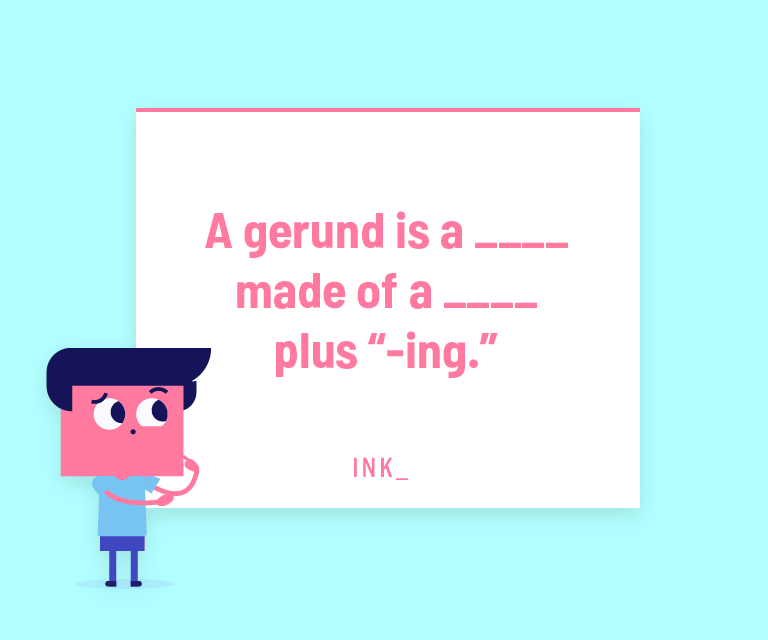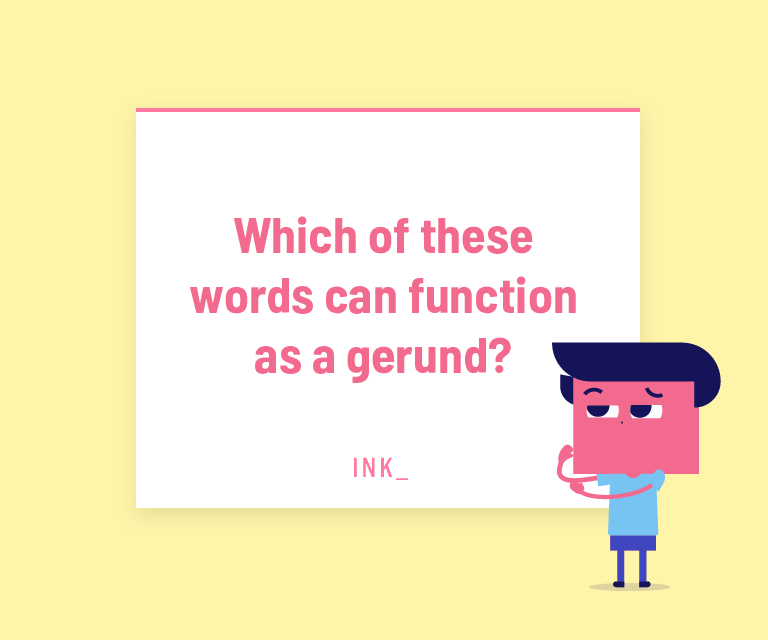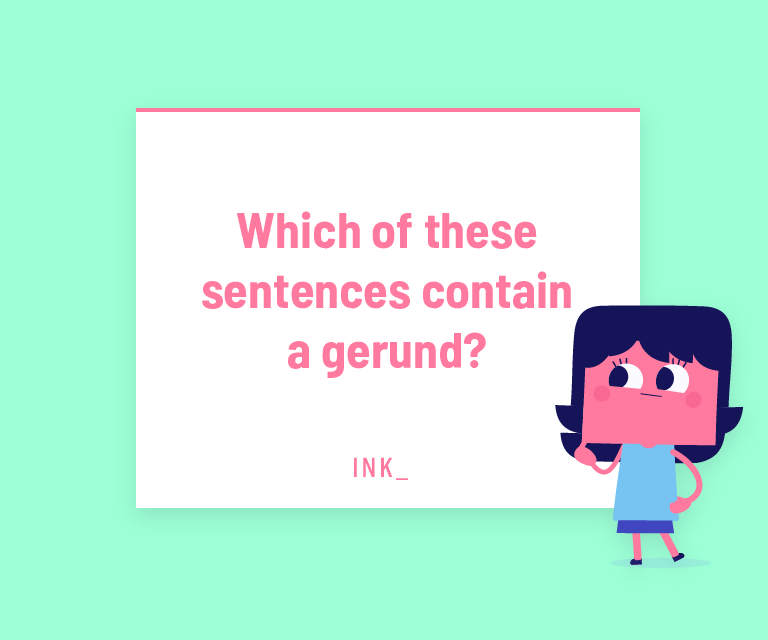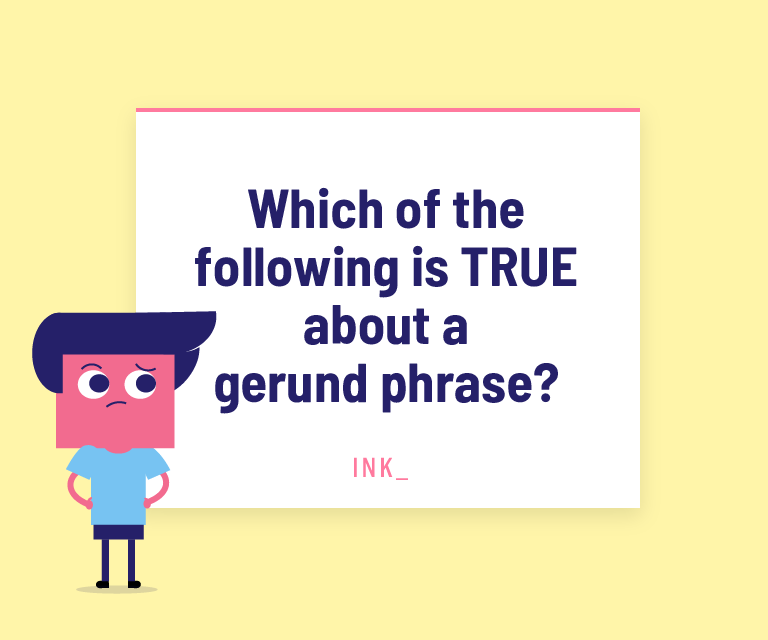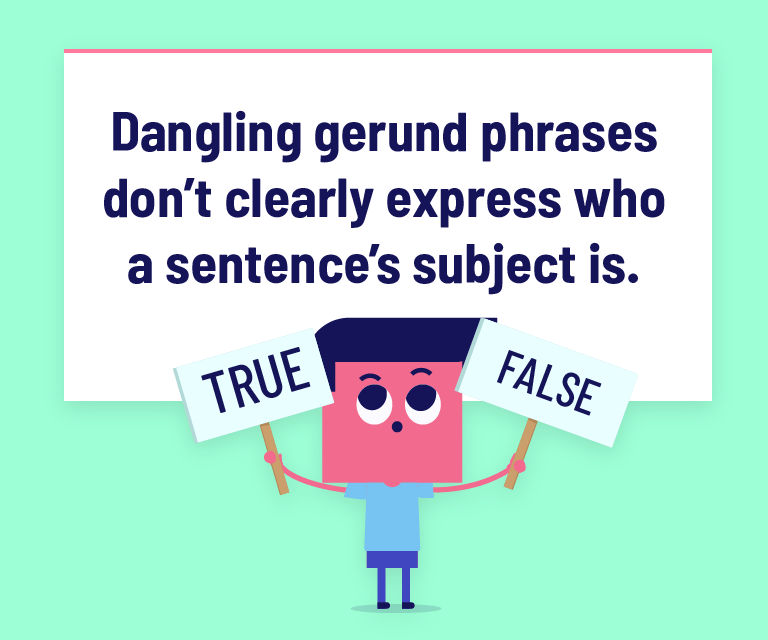Main Impactful Takeaways:
- Impactful definition: “having forceful impact” or “making a marked impression”.
- ⚠️Watch Out!Some people don’t care for this word because they feel it’s unnecessary and cumbersome. For this reason, it might be better to use another word.
- Depending on the context, synonyms for impactful include significant, important, compelling, gripping, consequential, and major.
- Some antonyms are ineffective, counterproductive, and weak.
- The word first emerged during the 1960s.
- People can be impactful. An impactfulperson has helped change your life, your point of view, or even the course of history.
This is your comprehensive guide to the adjectiveimpactful, including what it means, how to use it, and why some people hate it.


Is Impactful a Word?
Impactful is a relatively new word that means “having a forceful impact” or “producing a marked impression.” Since appearing in the 1960s, it’s become somewhat controversial. For example, this word may annoy some readers that consider it redundant, cumbersome, and even empty verbiage. While it is a word, consider using synonyms like significant, influential, compelling, and effective. These will help express your thoughts with more clarity and richer detail.
Why Do People Hate the Word Impactful?
The original definition was “manifesting a great effect or impact.” As you can see, that hasn’t changed much.
Notwithstanding, some contemporary editors have a negative view of this word. In fact, they regard it as unwieldy or even mangled. Essentially, their view may be that it’s ugly and doesn’t add much.
First, grammatically speaking, it doesn’t follow all the rules. Some of this discord is because the word is so new. Furthermore, traditionalists are usually weary of change.
Others argue that preexisting words such as effective and influential work just fine (and even better), making this new word a needless invention.
Regardless, it is a real word and here to stay. Whether or not you use it depends on what you are trying to say, your personal style, and your audience.
What’s Another Way of Saying Impactful?
Some may consider words like dynamic, significant, pivotal and gripping to be better than using the controversial word impactful. It’s important to note that since the word has several, slightly different definitions, whichimpactful synonym you choose depends on what you want to say. For example, for something that has “a significant impact,” you might find that major or important are better words for your purpose. Or, for something that is “significantly important or urgent,” words like affecting and consequential might convey more.
Here are some of the best impactful synonyms:
- Effectual
- Affecting
- Productive
- Consequential
- Dynamic
- Eventful
- Important
- Significant
- Forceful
- Potent
- Stimulating
- Pivotal
- Monumental
- Convincing
- Inspirational
- Provoking
- Gripping
- Emotional
- Persuasive
- Major
What is an Impactful Example?
The meaning of impactful is to have a major impact or effect. Usually, we use this adjective to describe people or things that leave a mark. For instance, they’re memorable and may even cause other people to change their minds or act. Perhaps you read a book that was impactful because it made you want to become a writer. Or, maybe your trip to Thailand was impactful because of what you saw or learned there.
- An article you found striking and memorable.
- An event that helped change a community.
- People who shape our shared narrative and inspire the average person to act.
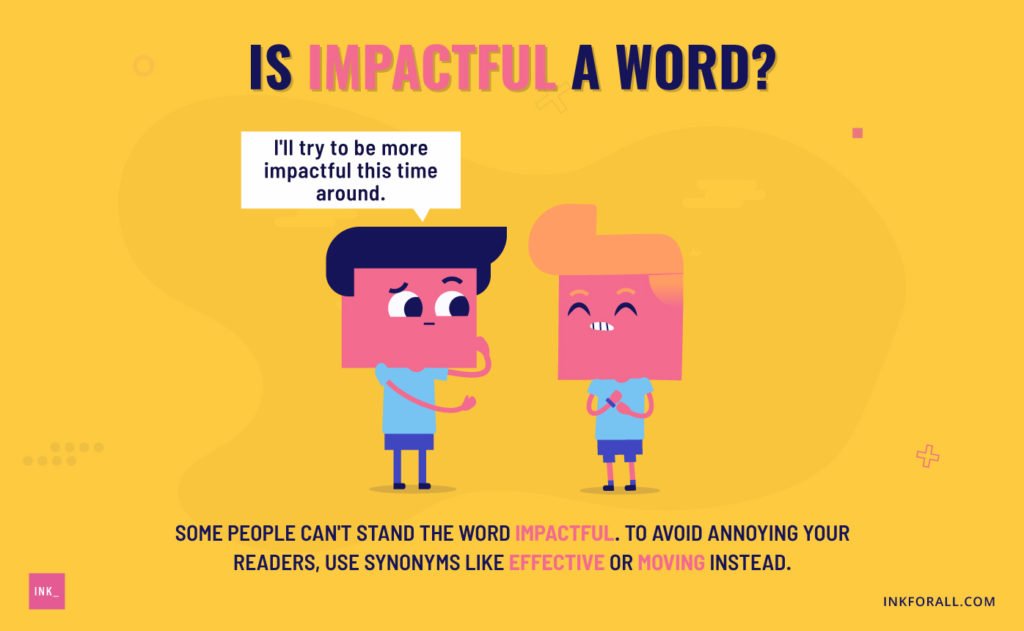

How Do You Use Impactful in a Sentence?
There are two ways to use the word impactful in a sentence: 1) to describe something that has a significant effect, or 2) to describe something that is likely to influence how others think and feel. Let’s take a look at both.
The first can be a subjective statement in which you may describe something that has a deep, outside-in impact. In this way, you use the word impactful to add perspective and to better define the subject of your sentence.
The second can be an objective statement in which you are describing something that is likely to touch people’s emotions or make them think.
Below are more examples of the word impactful being used in a sentence:
- Influential or monumental
- Effective or efficient
- Significant, important, or major
- Compelling, persuasive, or convincing
- Emotional or gripping
- Forceful or potent (like an impact)
1. Influential or Monumental Examples
2. Effective or Efficient Examples
3. Significant, Important, or Major Examples
4. Compelling, Persuasive, or Convincing Examples
5. Emotional or Gripping Examples
6. Forceful or Potent (Like an Impact) Examples
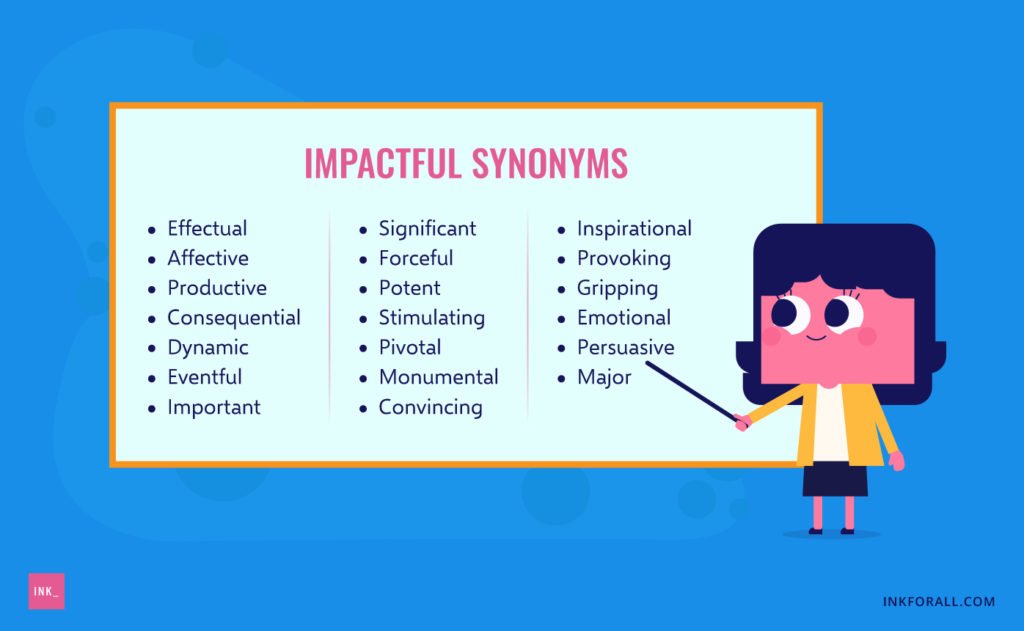

What Does an Impactful Person Mean?
An impactful person means that someone is important, persuasive, or monumental. Do you know someone who helped you change your life? That’s an example of an impactful person, or a person that made a great impact. They’re also influential, or skilled communicators that often inspire others to take action. Celebrities, historical figures, and politicians are examples of impactful people. They’ve all had a significant impact on our lives, or society, and/or the way the world has evolved.
What is the Opposite of Impactful?
Since the definition of impactful is to have an impact, it follows that the opposite of impactful is to have little or no impact. In fact, antonyms for impactful include ineffectual, trivial, unimpressive, and forgettable.
Here are some words that mean the opposite of impactful:
- Ineffective
- Unaffecting
- Weak
- Feckless
- Ineffectual
- Powerless
- Trivial
- Pointless
- Frail
- Impotent
- Feeble
- Inadequate
- Flimsy
- Inept
- Boring
- Forgettable
- Meager
- Unmoving
- Unstirring
- Unimpressive
- Useless
Have our words had any impact? Use these PRO tips to create more impactful essays, books, or emails. Plus, express yourself as clearly as possible.
Let’s Test how Impactful This Article is to you!
Impactful Question #1
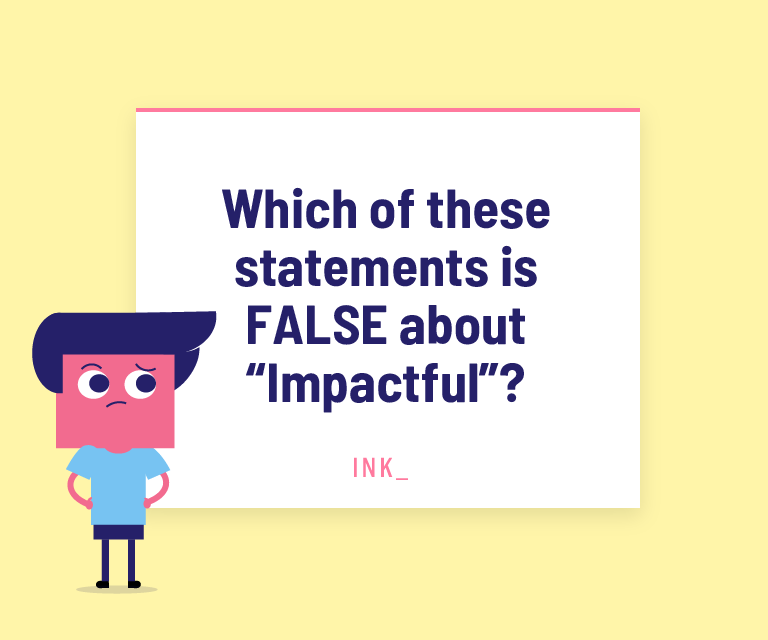

The answer is D. “Impactful” is an adjective that means to leave a mark.
Impactful Definition Question #2
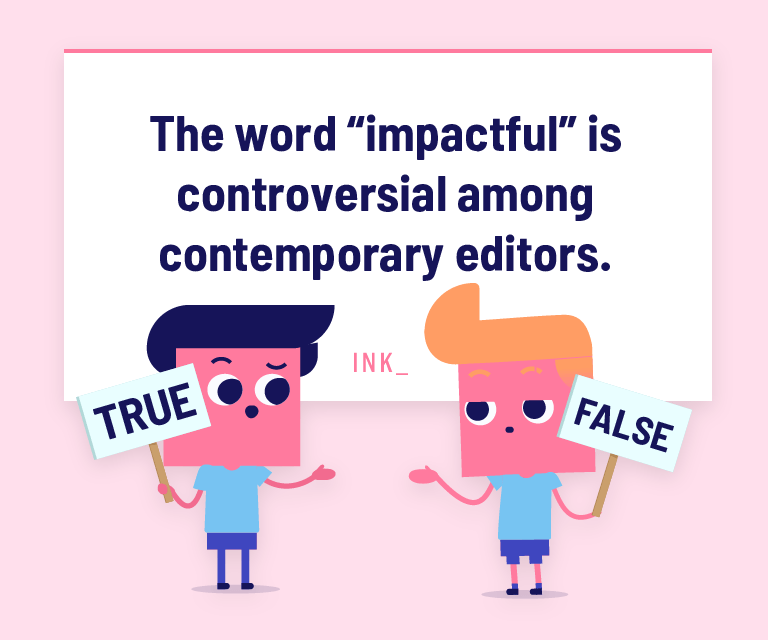

The answer is TRUE. Some editors argue that preexisting words such as “effective” and “influential” work just fine.
Impactful Synonym Question #3
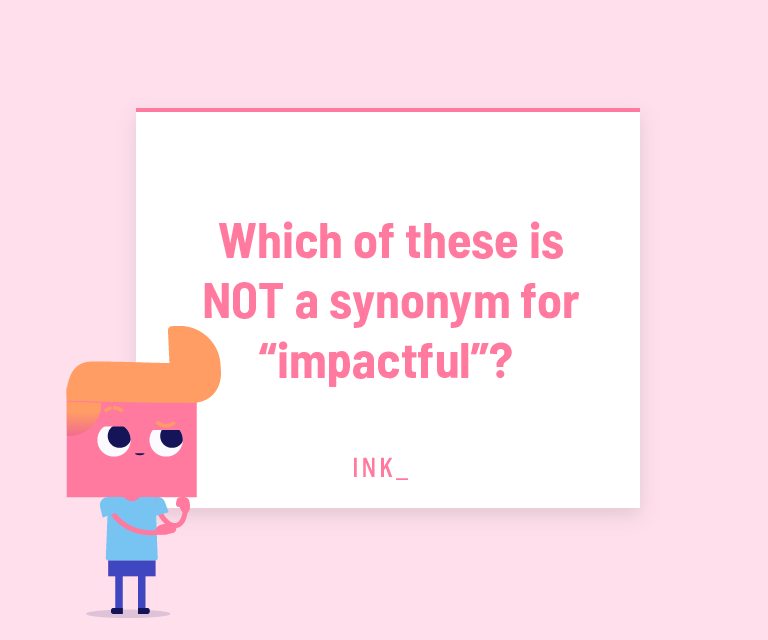

The answer is A. “Feckless” is the opposite of “impactful”.
Impactful Question #4
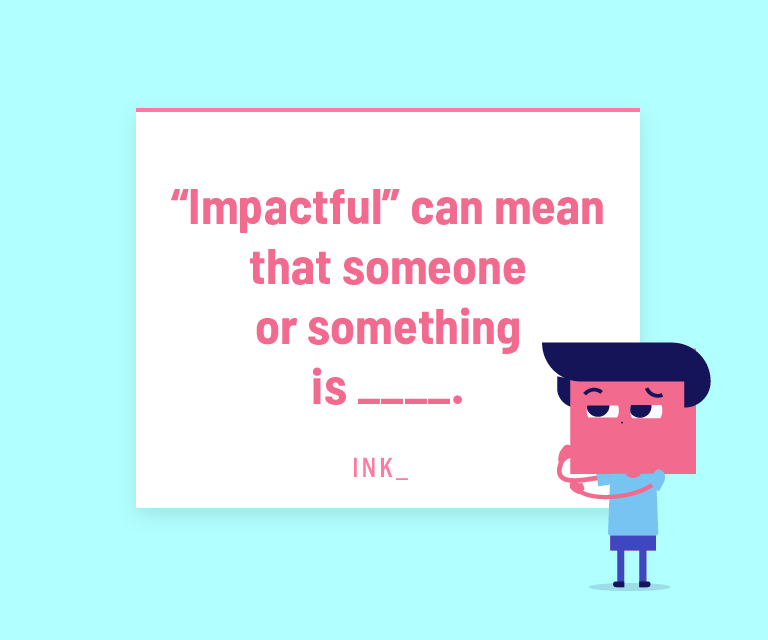

The answer is D. You can use “impactful” to convey all of the above.
Impactful Synonym Question #5
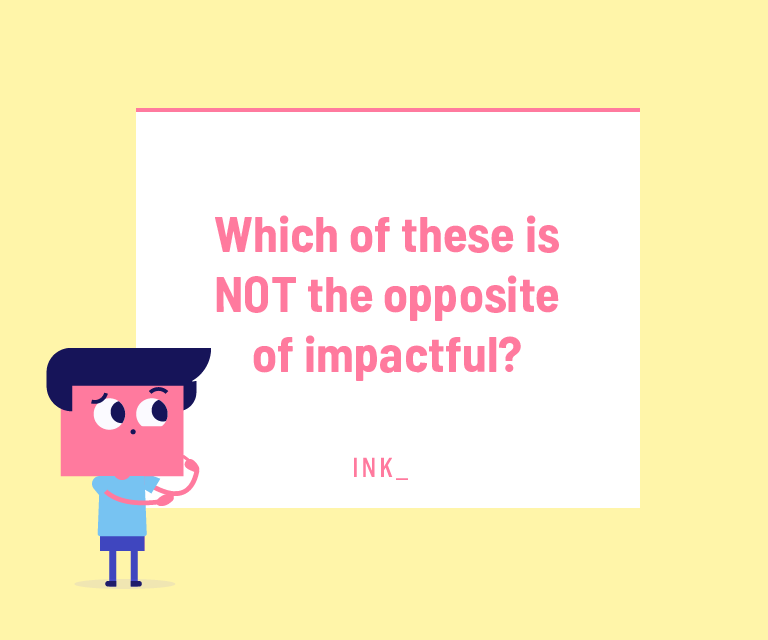

The answer is C. “Persuasive” is another word for “impactful.”


